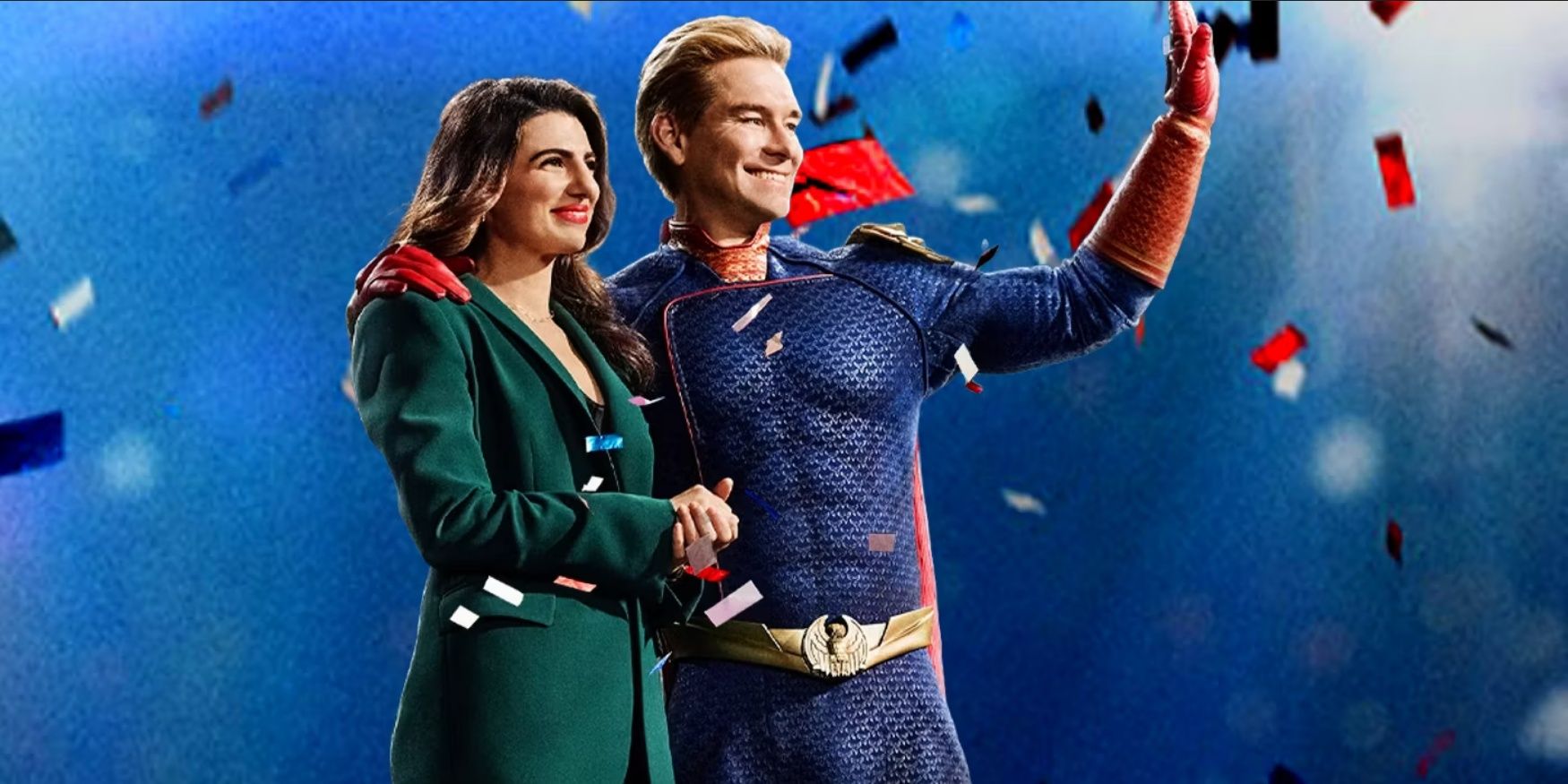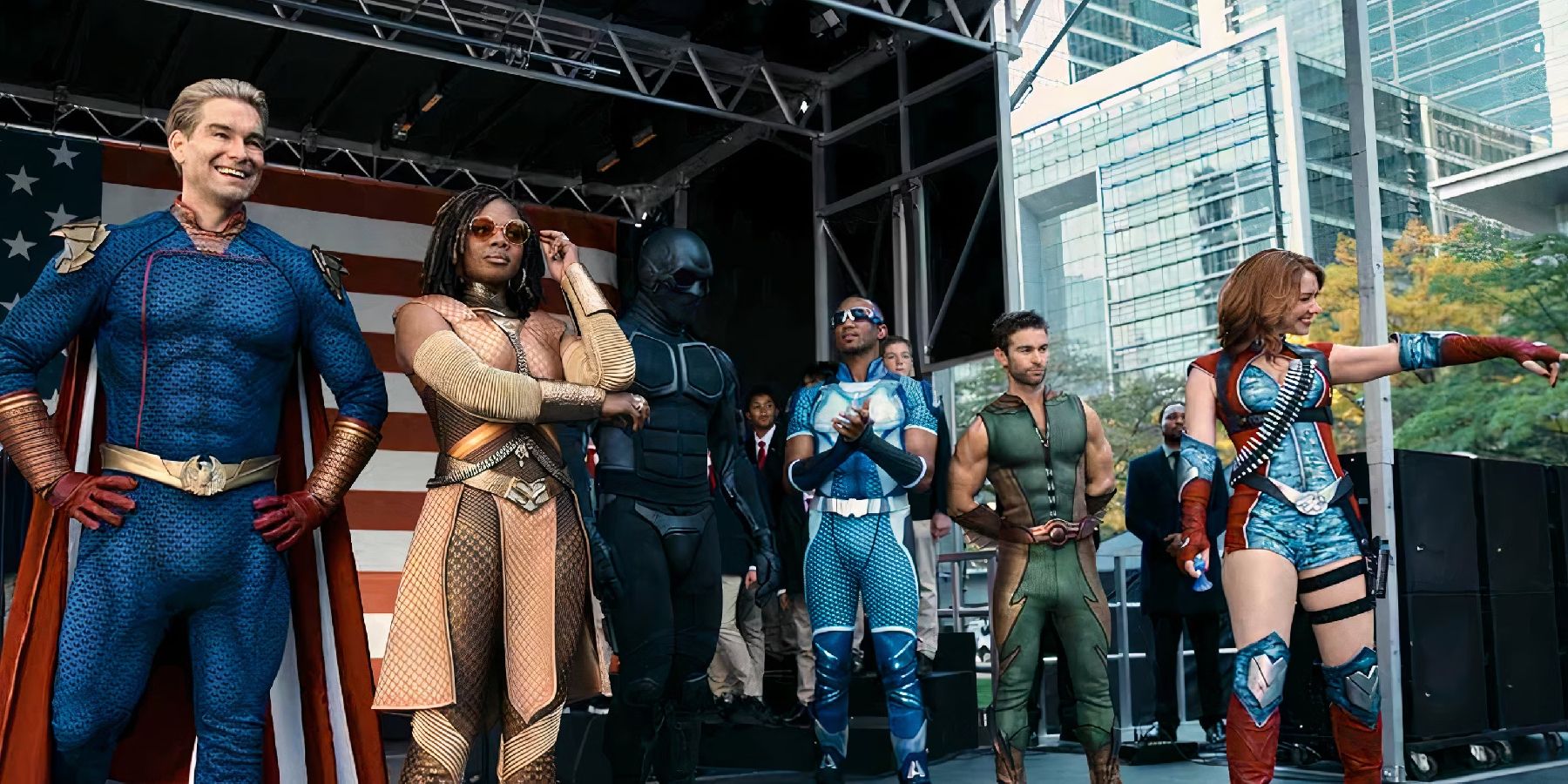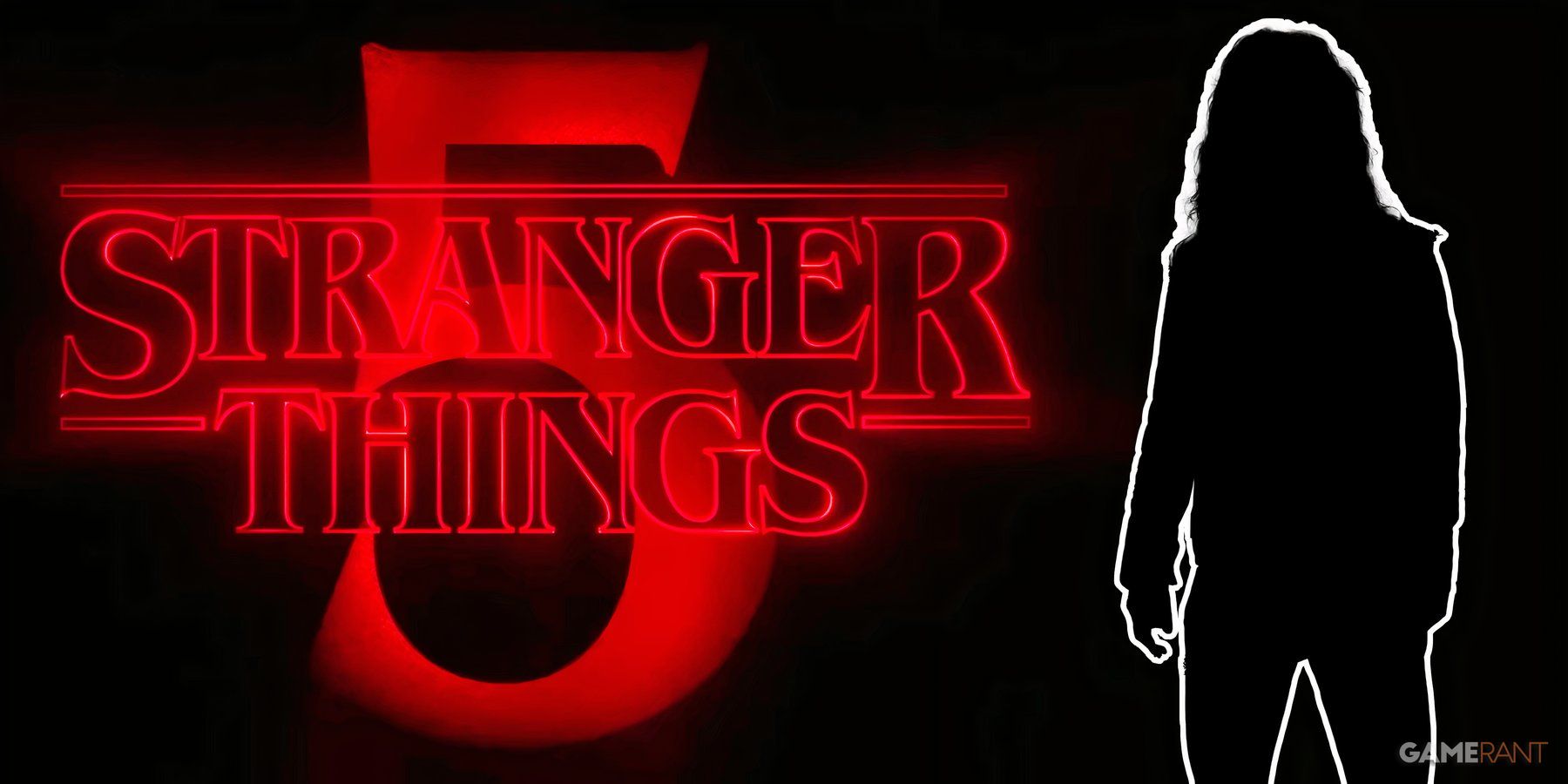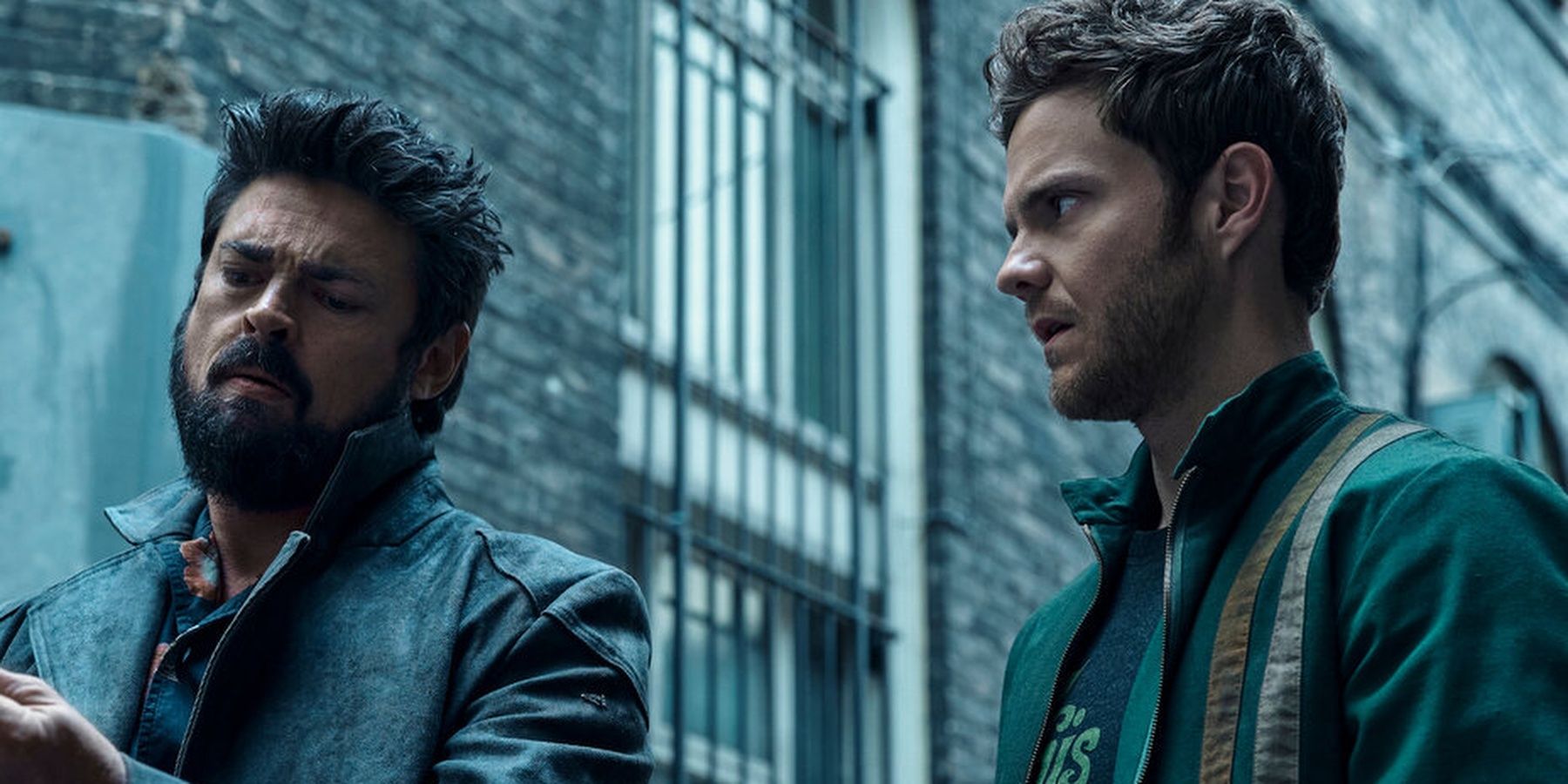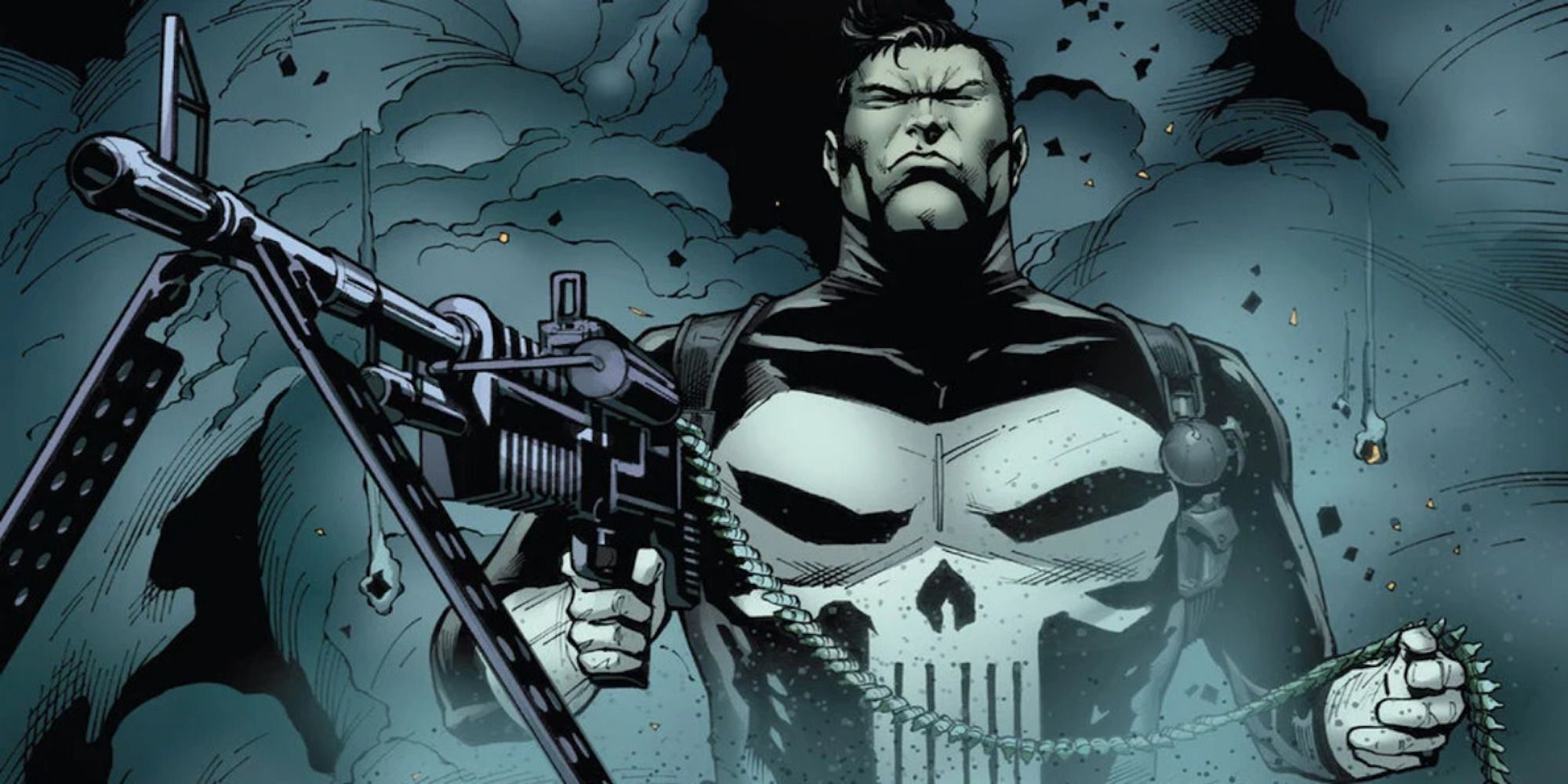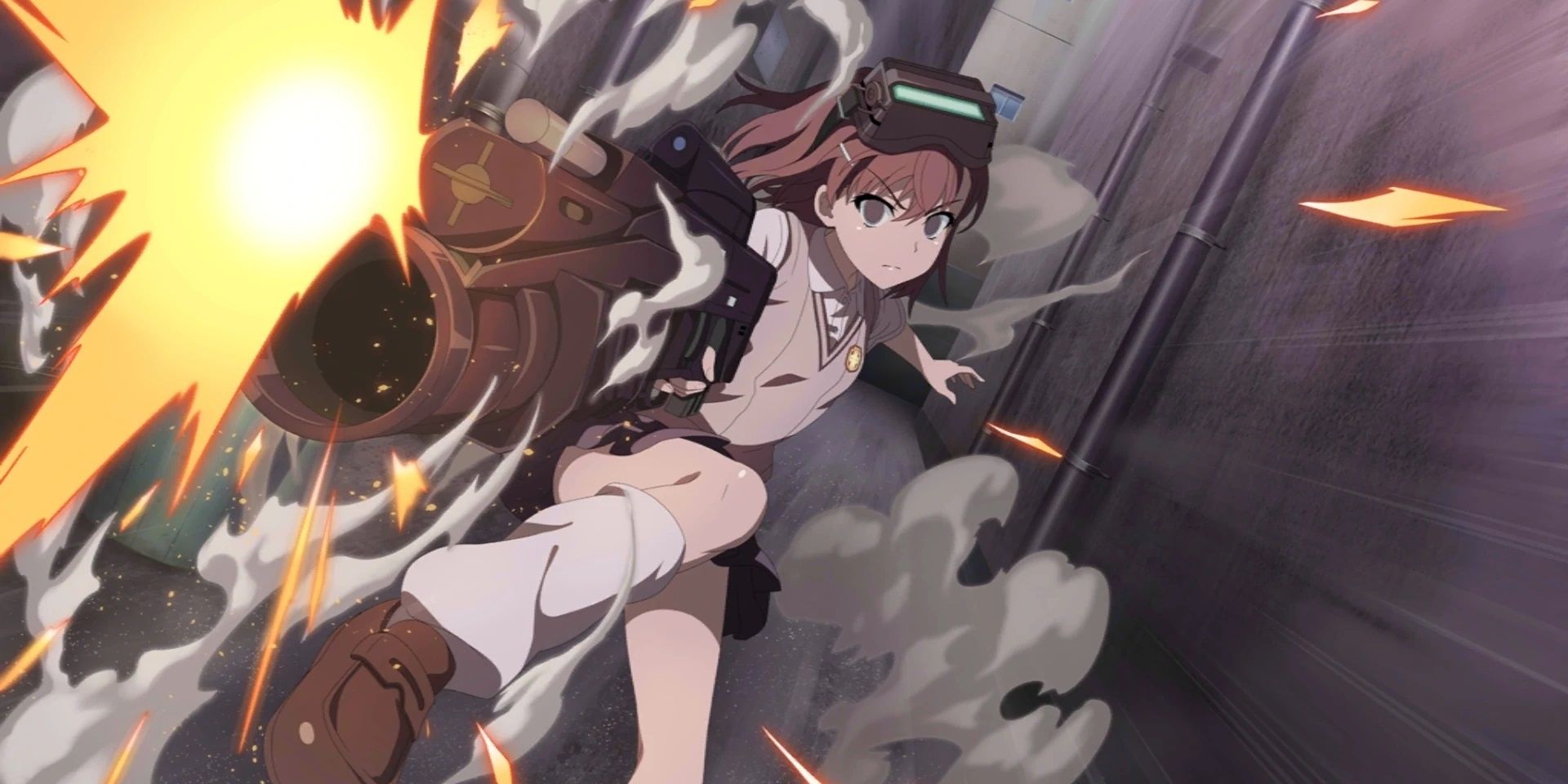Just about every piece of superhero media starts from the base assumption that people with power break down into two main categories. Some will use their gifts for the collective good, others will use them for personal gain. It's generally assumed that the first group will deal with the second, but what about everyone else? Cape Busters are people without power who keep superhumans in check.
People are getting sick of every new take on Superman "reimagining" him as the bad guy. The idea that a being with godlike powers wouldn't be immediately trusted by the populace has officially been done to death. In some cases, however, sinister superheroes or good old-fashioned supervillains pose a threat, and the powerless must stand up for themselves.
Cape Busters are regular everyday human beings who, through superior technology, enhanced training, or sheer dogged willpower, devote themselves to the cause of defeating superhumans. This goal can take many forms. Sometimes they're a group of well-intentioned citizens doing their part to keep people safe. Sometimes they're an extremist organization that seeks to wipe out all enhanced individuals. Sometimes they're a well-funded arm of the government that seeks to enforce mortal laws on the unstoppable. Their organization can be just about anything, as can their tone. If the Cape Busters are central to the story, they're likely to be very capable. If they're more of a side element, they could be an easily-dispatched army that barely bothers their targets. The key to their presence is that they're power-free people taking on the powerful.
If there's one patron saint of the Cape Busters trope, it's Garth Ennis. Ennis is in the unusual position of working as a well-respected writer of superhero comics who can't stand superheroes. As such, many examples of his work in the genre involve extremely unflattering portrayals of people in capes. Ennis does seem to enjoy regular people taking on superhumans, so he works in that world often. One of the first projects Ennis took on for Marvel was entitled Punisher Kills the Marvel Universe. As the title suggests, that one-shot featured Frank Castle losing his family to superheroes, rather than mobsters. After gunning down Hawkeye, Kitty Pryde, and Cyclops, Frank is sentenced to life in prison. While there, he meets a society of other civilians who've suffered similar losses. He systematically eliminates almost every hero and villain in the franchise, until a battle with Daredevil demonstrates how far Frank has fallen. It's a strong story that dives deep into Frank Castle and superheroes as a concept, but it only works from the perspective of a writer like Ennis.
Ennis later gifted the trope its greatest example. His 2006 comic The Boys created a world in which a brutal parody of the Justice League were both the world's greatest heroes and its biggest celebrities. The comic is overtly mean-spirited in most cases, and it diverts slightly from the trope by giving its main characters a suite of superpowers. However, Eric Kripke's TV adaptation of the material is a perfect distillation of the trope. The titular Boys are a group of human black operatives who work with the CIA to police the dangerous Supes that are generated by the immensely grim corporation Vought International. It's the perfect example of the trope, as Billy Butcher and his Boys are forced to use little more than military tech and dirty tactics against the most powerful beings in the world.
Outside of superhero comics, anime loves to play with the Cape Buster concept. Any anime with a sufficient number of empowered individuals will inevitably institute a subsection of the police department to deal with them. A Certain Magical Index features a government organization called Anti-Skill, who appear in body armor and haul high-powered rifles to deal with out-of-control espers. Darker Than Black introduced a small sub-group of their Public Security Bureau which investigated dangerous Contractors. Perhaps more justifiably, Devilman imagined the Anti-Demon Corps, which used powered suits of armor to battle the powerful visitors from Hell. Most examples feature waves of easily dispatched soldiers with a handful of actual characters mixed in. These examples tend to be either villains or background elements of the larger story.
Cape Busters are a natural evolution of superhero fiction. As soon as someone imagined a man with the strength of ten people or the ability to fly, someone else wondered how they might beat them in a fight. Today, there are hardly any superheroes who haven’t been carefully considered as a combat risk. With the right Google search, one could find detailed instructions on how to deal with a variety of superhuman foes. Cape Busters may not always be as capable as their rivals, but they represent an interesting challenge for the characters thought to be more boring. Just because they don’t have powers, doesn’t mean they’re powerless.

